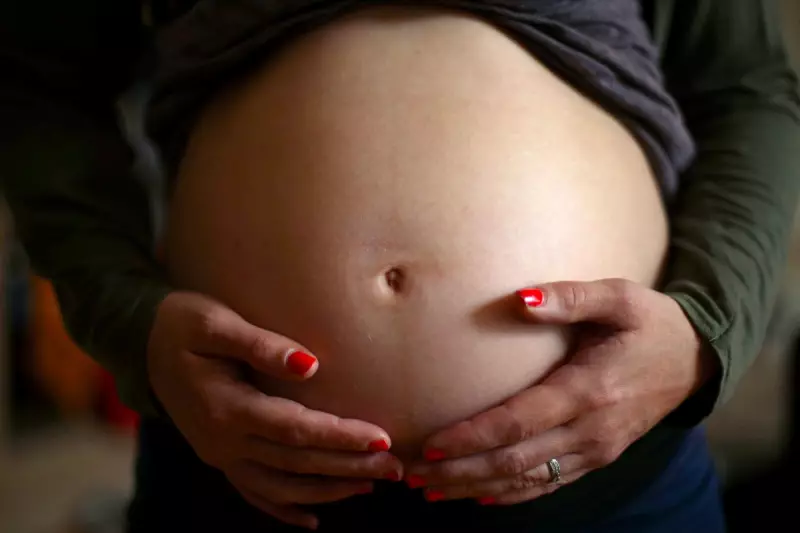
England is grappling with a severe shortage of midwives, according to alarming new figures from the Office for National Statistics (ONS). The data shows the number of qualified midwives has dropped to its lowest level in over ten years, raising serious concerns about the quality of maternity care across the country.
Staffing Crisis Deepens
The latest workforce statistics reveal there are now just 23,053 full-time equivalent midwives working in the NHS - a significant decrease from previous years. This represents a loss of nearly 1,000 midwives since 2019, despite government pledges to boost maternity services.
Impact on Patient Care
Healthcare unions warn the staffing gaps are putting both mothers and babies at risk. 'When midwives are overstretched, mistakes happen,' explains a Royal College of Midwives spokesperson. 'We're seeing more burnout among staff and growing concerns about safety standards.'
Political Response
Shadow Health Secretary Wes Streeting has described the figures as 'deeply troubling', accusing the government of failing to address the NHS workforce crisis. 'The Conservatives have taken midwives for granted for too long,' Streeting commented.
The Department of Health maintains it is investing in recruitment, pointing to recent initiatives including:
- Expanded midwifery training places
- International recruitment drives
- Retention schemes for experienced staff
However, critics argue these measures aren't keeping pace with retirements and resignations in the profession.
Looking Ahead
With birth rates expected to rise and an ageing workforce, experts predict the midwife shortage could worsen without urgent action. The NHS Long Term Workforce Plan aims to address these challenges, but many question whether it goes far enough to safeguard maternity services.





